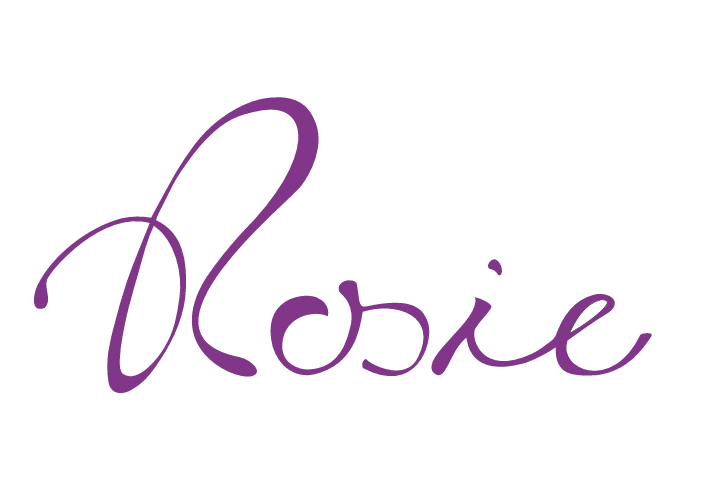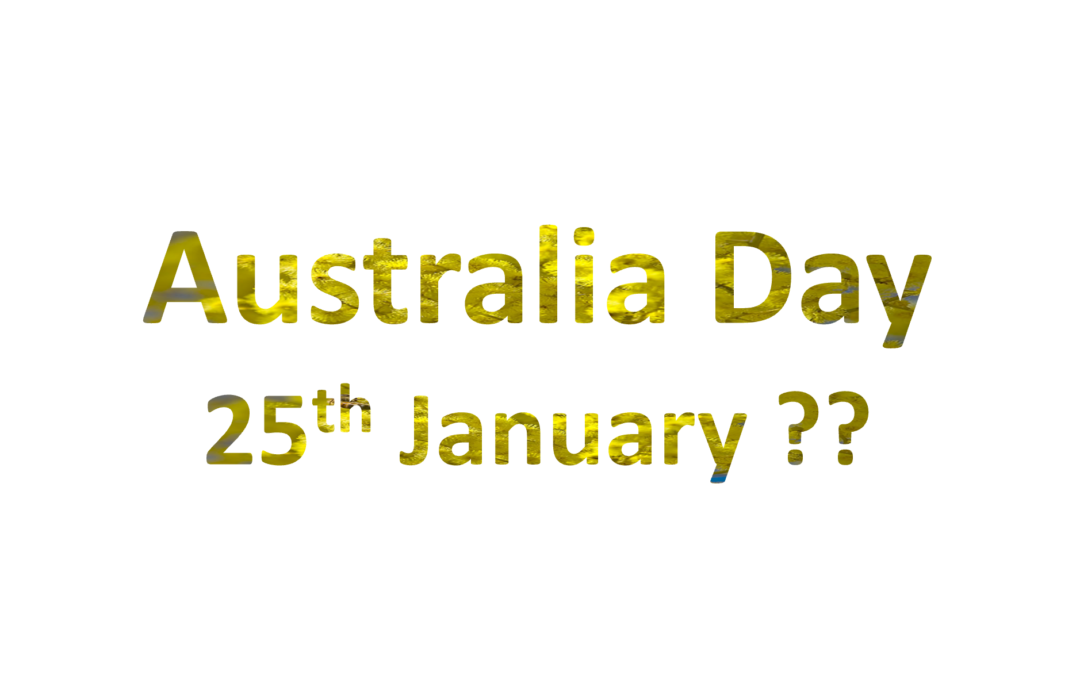I’m writing this on 26th January. I’m working. As usual. I actually don’t want this public holiday on this date. So I’m very happy to be at work. And because I own my own business it is easy for me to make choices to conscientiously object to the date.
That said, writing a blog post doesn’t really feel like ‘work’. It definitely feels more like a privilege – reflecting, hoping, desiring harmony and healing. But these things shouldn’t be privilege – I would wish that all of them might surround and permeate every human life – just like the air we breathe.
Several years ago, on the topic of 26th January being Australia Day, a colleague suggested to me that she thought the 25th January would be a good date to switch to. It would be symbolic, she said, of all things still being in potential. As they were on the 25th of January, 1788. Of the potential for a different unfolding of our histories and our relationships as Australians.
I really liked that. I like symbols. They’re powerful. And they have voices of their own that speak above and around and through and beyond us – a bit like the air we breathe.
A few days ago, I was sharing the content of this conversation with my son – and he drew out a bit more that appealed to me.
He could also appreciate the possible value in the symbolism (and small steps of redress) of ‘all things in potential’ that a date such as, say, the 25th January might help to support. Then he thought for a bit, and added, “Then perhaps the 26th could instead become something like a day of remembrance”. A day on which the history and truth of the happenings that have unfolded on these shores are reflected upon, not shirked.
He effectively proposed two days of public holidays.
Australians already have a lot of public holidays (love ‘em, btw!). So, my son’s suggestion might create different tensions. Public holidays are fabulous, but expensive beasties to employers – to small and medium business, those engines of our economy.
I’ve already written that I’m a business owner. I employ a number of part-time staff. I openly tell them, that if possible, I’d prefer if they might choose their regular part-time days, not on Mondays and not on Fridays, when most of the public holidays fall. But I employ all women (in the 97% female-dominated profession of speech pathology – any blokes out there who would like to apply?!). And women often have little people to care for. And sometimes, the only days they can get childcare for their precious small people, are Mondays and Fridays. So, I suck it up. I would rather employ happy, needs-met women who can sustainably do their work in my company, than to spend angst-ridden time about the extra dollars out of the bottom line. When they are able to adjust their part-time childcare schedules to Tuesday, Wednesday, or Thursday, then they are almost always reciprocally caring and agreeable about this.
So, I know that two days of public holidays – 25th and 26th January – would cost my company. But I wouldn’t care. Bring it on. Such a tiny cost* – trifling, shallow, petty, paltry, piddling – compared to that which my Aboriginal and Torres Strait Islander brothers and sisters have paid in the disadvantage that was, and has been, heaped upon them across more than two centuries. But if such symbolism would be helpful in playing a part in opening calm and intentional conversations, with gravitas, about the truths of our country’s history, then it could connect us through our stories, across our differences, in healing ways.
But don’t ‘bring it on’ if this is not the right symbolism for our injured. Rather, ‘bring on’ what they say they need to heal and move forward.
Four years ago I was in Canberra for the Australian of the Year happy fuss (congratulations to Tasmania’s own dear Grace Tame in this year’s crowning fuss!). What made me happiest, moved me most deeply, and gave me greatest yearning and hope, was hearing the several Welcomes to Country that were part of those few days. I heard representatives of our oppressed peoples – with tenderness and loving kindness – envision, hope for, and welcome, a changed and bright future with those holding the levers of the historical machinery of rulership that had delivered their pain. I was so moved that these, the oppressed, were vocally in these moments, the forgivers. It was just as Paulo Freire gave it in The Pedagogy of the Oppressed:
“This, then, is the great humanistic and historical task of the oppressed: to liberate themselves and their oppressors as well.”
It didn’t seem fair. It is definitely not fair. The oppressed were forgiving me, a somewhat symbol of the oppressor. And I deeply felt the tender liberation that was so graciously given to me in those days.
I could indeed wish for a pain-free day, every year, to celebrate living in the magnificent beauty of the sights and scents of this great land; and being Australian with all other Australians – the oldest peoples and the many others who have arrived on these shores. And I could indeed wish for a day, every year, to remember, reflect, to feel and share pain, to hold that pain and learn with dignity… that this truth might set us all free.
*I acknowledge that as a white Australian of British descent, stock mostly of ‘free settlers’ and with a smidge of convict flavouring, I only have material security and prosperity because of the privilege of opportunity that my background happened to confer upon me.

